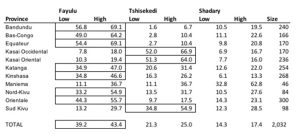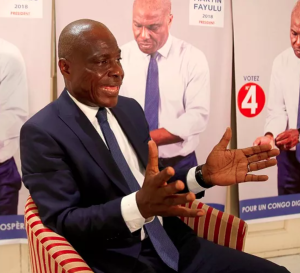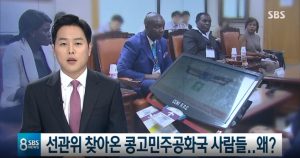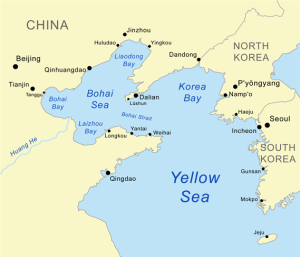CENI committed $100 million worth of corruption EP. 5-3
CENI committed $100 million worth of corruption
The corruption was exposed. In January 2017, the CENI conducted an extensive self-audit of A-WEB’s Official Development Assistance (ODA) project.
In March, based on the results of the audit, the CENI requested a prosecutor’s investigation of Secretary General Kim Yong-hee.
South Korean company Miru Systems was to supply CENI with electronic election systems at a cost of $1,500 per unit. Therefore, A total of 107,000 units were contracted for a total value of about $160 million.
At the time, South Korean lawmaker Hong Moon-pyo pointed out that there is a suspicion that the machines. However, A machine that costs $400 per unit is inflated to $1,500. There could be about 120 billion won worth of irregularities in Korean money.
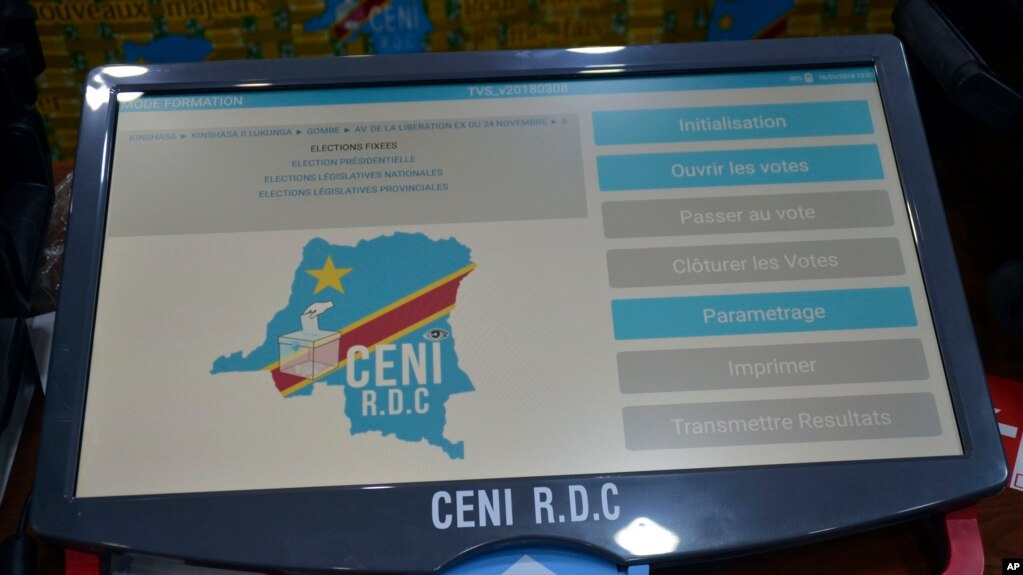
[Fig. 1] An example of the electronic voting machines in Kinshasa, DR Congo, March 15, 2018. (Source from VOA News)
The U.S. Treasury Department has uncovered corruptions at CENI.
In response, the U.S. Treasury Department announced that CENI, under Mr. Nanga’s leadership, committed corruption by inflating the contract value by $100 million.
On February 22, 2019, the U.S. Department of State announced restrictions on the issuance of visas to five individuals.
Because they have all committed gross corruption, human rights abuses, and obstruction of democracy. (Congo National Electoral Commission Chairman Corneliu Nanga, Deputy Chairman Norbert Basengezi Katintima, Katintima’s son Marcelin Basengezi Mukolo, Senior Advisor to the Chairman, Obin Minaku Nzalanjoko, Speaker of the National Assembly, and President of the Constitutional Court Benoit Lambabindu)
Furthermore, The U.S. Department of the Treasury’s Office of Foreign Assets Control (OFAC) has frozen the assets in U.S. jurisdictions of the following three individuals. (Chairperson Nanga, Deputy Chairperson Basengezi Katintima, and Senior Advisor Basengezi Mukolo.) They have all undermined democratic processes and institutions (March 21, 2019).
Miru Systems is trying to hide the corruption with CENI
However, Miru Systems made that electionic equipment.
When it comes to Miru Systems, They defended it as follows.
“Elections are more reliable because they are recorded three times.”
“On the touchscreen voting machine, on a central server, and on a paper ballot.”
As recently as November 2018, Miru Systems claimed that its electronic voting machines were unhackable because they were not connected to the outside world or the internet.
There is no system without hacks.
However, Shim Jun-bo, chairman of HARU, a hacker coalition, said. “There is no system in the world that cannot be hacked with.” He said, “Even if the voting machines are not connected online, there are ways to hack the factory when the machines are made and then put a backdoor in the firmware.”
“There are ways to target the connection point of the voting machine (the process of transmitting collected information to a central server).”
Meanwhile, Sasha Reznev, policy director of the U.S. civic organization The Enough Project, said in a statement. “The machines (Miru Systems e-voting machines) have security issues that ultimately make them vulnerable to hackers. They should not be used in elections.” (June, 2018)

